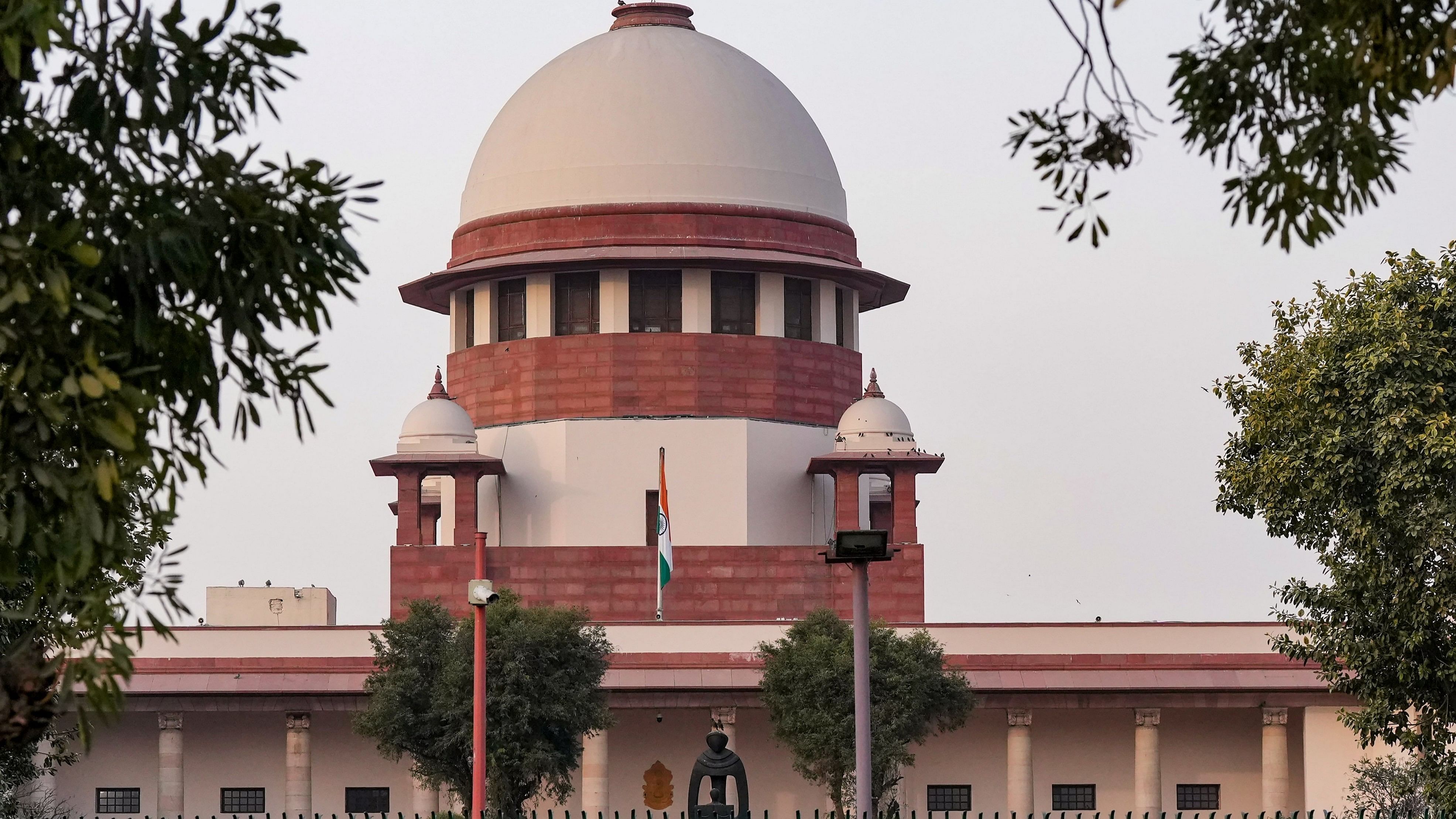
The Supreme Court of India.
Credit: PTI File Photo
New Delhi: The Supreme Court on Monday directed IIT Dhanbad to grant admission to a Dalit student in B Tech (Electrical Engineering) course as he could not deposit ontime admission fee of Rs 17,500, saying he is son of a daily wager, and such a talent boy can't be let to go away.
A bench of Chief Justice of India D Y Chandrachud and Justices J B Pardiwala and Manoj Misra directed that a supernumerary seat should be created to accommodate him without disturbing admission of other students.
"A talented student like the petitioner should not be left in the lurch. The power of the court under Article 142 of the Constitution to do complete justice is to address such situations," the bench said.
The counsel for the petitioner, Atul Kumar, who hailed from Khatauli in Muzaffarnagar, claimed the family collected the amount of Rs 17,500 from the villagers on June 24 by 4.45 pm but could not affect the online payment before the deadline of 5 pm.
A counsel for IIT Seat Allocation Authority submitted that his login details indicated that he was logged in at 3 PM, the bench said he should see if something could be done since to arrange Rs 17,500 for a family of a daily wager was a big task and they crowdfunded the amount from the villagers.
The court felt that there was no conceivable reason why the petitioner would not have paid the amount if he had the wherewithal to pay the amount of Rs 17,500.
While considering his social and economic background, the bench also noted the petitioner's elder brothers were student of IIT Kharagpur and NIT Hamirpur.
The bench directed that the petitioner would pay the amount of Rs 17,500 in person and he would be admitted to the same batch in which he would have been admitted and should be given all consequential benefits such as hostel admission.
The court also noted the petitioner had cracked the JEE Advanced in his second and last attempt and had also approached the National Commission for Scheduled Castes, Jharkhand Legal Services Authority as well as the Madras High Court before approaching the Supreme Court.
